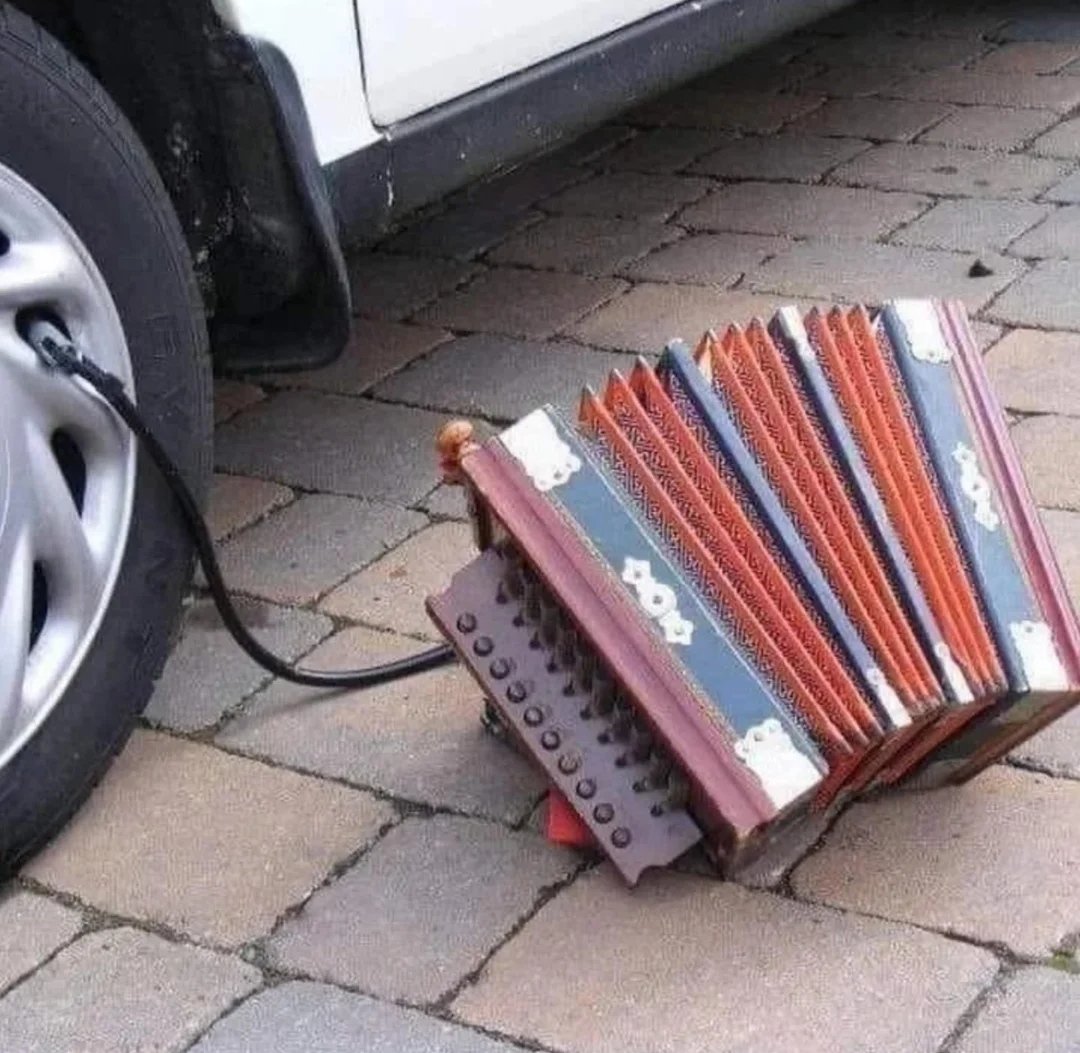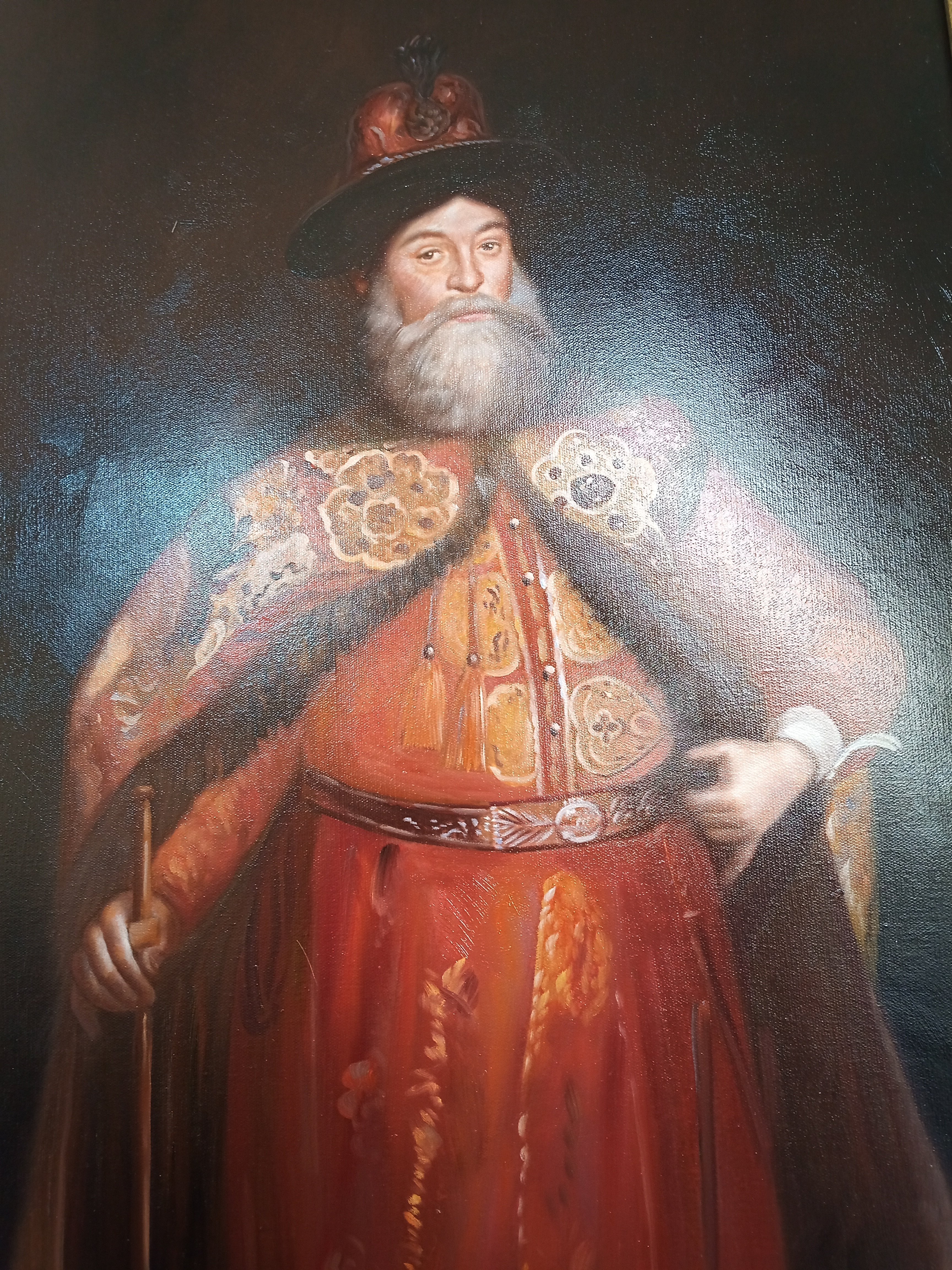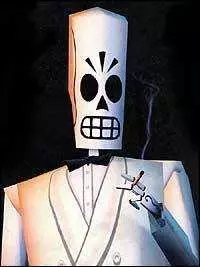🚫🤢fr*nch🤮🚫
XCVII
20x4 + 10 + 7 appears stupid at first but is really the better approach. It teaches 100% of the speakers basic arithmetic by literally embedding it in the language and makes it easy to visualize fairly large numbers. Try imagining 97 of something in your head vs 20x4 + 10 + 7 of the same something.
wait until you realize that “two hundred and fifty seven” means 2×100 + 5×10 + 7 of something and you have to imagine that every time you say 257 of something
how is it that the word “ninety seven” (9×10 + 7) doesn’t count as embedding arithmetic into the language?
Huh?

You know what else teaches basic arithmetics? elementary school. And numbers are taught alongside the arithmetics to calculate with them.
So you first learn addition and substraction of single digit numbers, then it goes to double digit numbers, then you learn the multiplication tables and through that divisions. Then you move on to larger numbers, written additions, subtractions, multiplication and division with remainder.
So by the time a child learns the number 80 it also learns how to do arithmetics in that area.
Context:
German:
- “siebenundneunzig”
- = “sevenandninety”
English:
- = “ninety-seven”
French:
- “quatre-vingt-dix-sept”
- = “four-twenty-ten-seven”
It’s shit like that why I wonder people just don’t update their languages, remove useless letters, nonsensical loan words exonyms, etc.
deleted by creator
LOL, this kind of shit is what happens when people do try to police their language:
https://en.wikipedia.org/wiki/Académie_Française
https://en.wikipedia.org/wiki/Office_québécois_de_la_langue_française
… A dictionary? We already have those in English lol.
No, French has private dictionaries that aren’t normative. This isn’t that.
The Académie is a quasi-governemental institution built by Louis XIV to impose a normative version of French. They initially reformed the language but quickly ended up enforcing the linguistic status quo. French hasn’t had a (much needed) structural reform in about two centuries.
What the academy defines to be “proper French” is essentially the only French that is used by the government, media, and school system, and they refuse to acknowledge changes in usage at every turn.
This means that French is set in stone and mid-19th century books have essentially the same grammar as 21st century French apart from some very minor differences.
(I won’t get into the systemic and very successful repression of minority languages which is closely related).
Oxford University Press doesn’t have governmental enforcement powers the way the OQLF does.
Users dictate a language more than anything else
We all do constantly with each word spoken. Language is updated without rest forever.
Like many things in life, languages aren’t necessary logical but I’m looking forward to your efforts to finally get everyone into Esperanto!
Megwetch
Or Lojban.
Edit:
Lojban (pronounced [ˈloʒban]) is a logical, constructed, human language created by the Logical Language Group which aims to be syntactically unambiguous.
Or quantum grammar, which would solve the problems of normal languages where people have misunderstandings by making it so that nobody can communicate anything enough to have a misunderstanding again because it’s all gibberish.
German did. And it worked. One of the reasons is probably that written German is uniform everywhere. I imagine language reformes are harder and less effective when dialects are still big.
For reference, 97 in French is " Quatre Van Dix Neuf"
I think that’s actually 99
NINE NINE
I love that for reference you got spelling and meaning wrong.
Quatre-vingt dix-sept*
Then you have the superior, Swiss /Belgian way: 90+7, “nonante-sept”
Can’t let this go by without posting this classic:
“We aren’t all Eric Einstein!” 😂
Japanese: 9*10+7
Ninety also means 9*10 since -Ty has its roots in the old Gothic word tigjus which means tens/decades https://www.etymonline.com/word/-ty
That Japanese is also 9*10 is not really surprising since counting in most languages is in base-10
Same with the German ‘zig’ which is also mentioned in your linked page. It’s also used elsewhere e.g. “zigfach” meaning many times.
And the French get offended if you use the wrong word. I went to a shop there and asked if something was ninety (there is a word for that). The shopkeeper gives me a scathing look and says with emphasis it’s four twenty ten.
‘Nonante’ is used in the French-speaking part of Belgium, but it’s generally frowned upon in France.
frowned upon
as in “you just wiped your ass with my language, my country and the history of my ancestors” it seems
generally Belgium is frawn upon I gather.
They kind of stare at you as if you just farted in the most obscene way possible.
Or they passive-aggressively make you repeat what you said until you say it ‘right’.
Or they reply in a kind of exaggerated broken English.
Not the ever so polite French!
I spent a lot of time in the country when I worked for a French owned company.
It’s a beautiful country, too bad about the epidemic of sticks in their asses. I am so glad it hasn’t spread to their neighbors.
Russian be like:
- ten
- two ten
- three ten
- centipede
- five ten …
- centipede
Sounds simular, but no. It was commonly traded abount of sobol(and other animals with fur) skins. Sooo…
- ten
- two ten
- three ten
- furry
- five ten
…
- eight ten
- ninetillhundred
- hundred
And 123456 would be hundred two ten three thousands four hundred five ten six.
Also worth noting that current 10 is десять, while everything more then 10 is using older дцать.
Lincoln: 4 * score + 17
Seven, not seventeen. Though IIRC, he used the 4 score and 7 years ago, as a way to indicate that he was giving a speech, not speaking the common parlance
That’s the Gettysburg Address which is 87. But 97 as in the picture would be +17
Gotcha, now I see what you were saying
In old French, 127 was 6*20+7.
It’s the fact of using base 20.
Not to defend the French but the more correct representation would be 4 * 20 + 10 + 7.
Also if you take this meme to the extreme it would be best to just say “97” which requires a unique word for every number instead of a system to construct them. So I guess there is a balance to be struck in number composition.
also “ninety” is literally just a shortening of “nine ten”, it’s not like the french pronounce the whole thing either, i’d wager it usually comes out more like “katvandisett” which isn’t much worse than “ninetyseven”
Since we use decimal system then nine+ten makes complete sense
Actually we do prononce it entirely, at most dropping the first syllable
deleted by creator
80 (quatre-vingt) comes from the base 20 system. That’s a vestige from pre indo-European languages (specifically the Gauls) that ended up influencing France.
Interestingly (if I’m not mistaken), in Switzerland they actually say “huitante” and in Belgium they say “octante”.
In Wallonia ( french belgium ) you’re also likely to hear “nonante” for 90 IIRC
Maya use mostly base 20 system. Mostly, because all digits go from 0 to 19, except for the second one, that goes from 0 to 17.
What do you mean by the second one? Like this? {0-19}{0-17}{0-19}…{0-19}
No, the second from the left
… 19 19 19 19 17 19
The Gauls were Celtic, which is Indo-European. Maybe you meant “Pre-Romance”?
deleted by creator
Absolutely retarded
What?
Edit: my research says that half-fifth is how they call 4.5, which is insane. Then they multiply that by 20, holy shit, they are mathematical geniuses. So:
7 + 4.5 * 20.
WHAT THE FUCK.
deleted by creator
How about in telling time? Like half seven means 7:30 in British English but is 6:30 in Dutch and German
american time keeping for the win in this case.
deleted by creator
Well i was talking about the lack of relative time. It is clear if you say 6:30
deleted by creator
That one at least makes some sense: halfway to seven vs seven and a half. The more confusing ones are quarter seven (6:15) and three quarter seven (6:45). If you didn’t learn to tell time with an analog clock it can throw you off since they are the opposite of eg quarter to seven. It’s even worse - in German it’s a regional thing, and they’ll look at you as of you’ve grown a second head if you use a form they’re not used to.
Half fifth isn’t 4.5 but 90 because of 4.5 * 20. Its the same with half third being 50 and half fourth is 70.
deleted by creator
Norwegian, but I was tought this by a dane.
Fems is the short as you say, but that isn’t really possible to translate correctly. Thats why people translate it to fifth. The proper danish for a fifth is en femtedel. I might be mistanken here, but I dont think any dane would ever talk about 4.5 as halv fem (half five), but as fire komma fem.
The exception is when we talk about the time in the nordics. Then half passes four is half five.
Dane here. We don’t use half-third to say 2½ except for the time of day, like half-twelve is 11:30.
The way we count is indeed that way though: halvfems is short for halvfemsindstyve, literally half-five-times-twenty, meaning ½5×20 = 4.5×20 = 90.
We don’t use “fems” tough. That would mean femsindstyve which is 5*20 and we say a hundred of course.
So we have this:
- 10 = ti = ten
- 20 = tyve = twenty.
- 30 = tredive = thirty.
- 40 = fyrre = forty.
- 50 = halvtreds = short for half-three-times-twenty.
- 60 = treds = short for three times twenty.
- 70 = halvfjerds = short for half four times twenty.
- 80 = firs = short for four times twenty.
- 90 = halvfems = short for half five times twenty.
- 97 syvoghalvfems = seven and half five times twenty.
- 100 = et hundrede = One hundred.
There is a relic from this system still in use: halvanden (1 and a half). Though I doubt many people know the origin of the word.


















